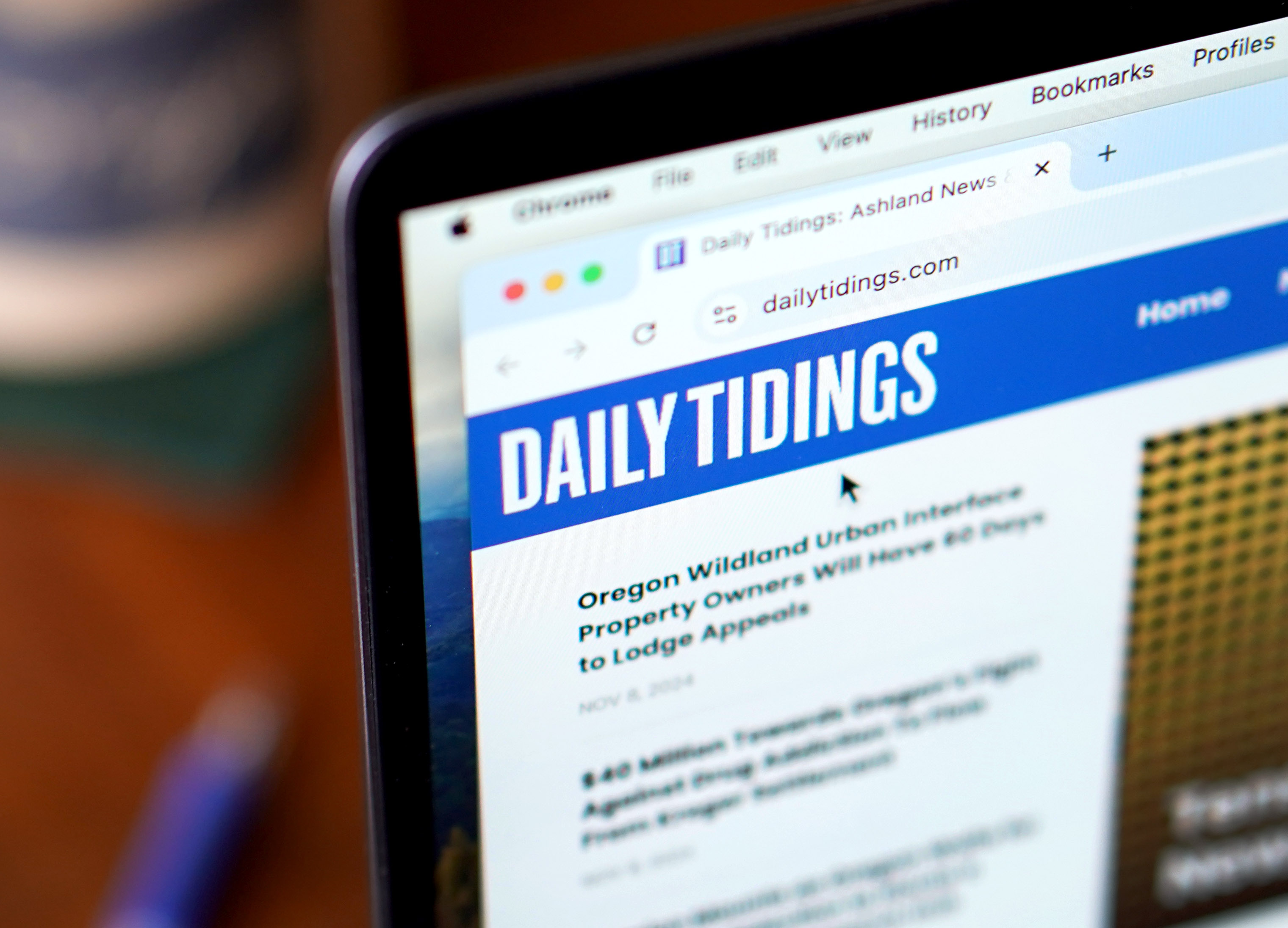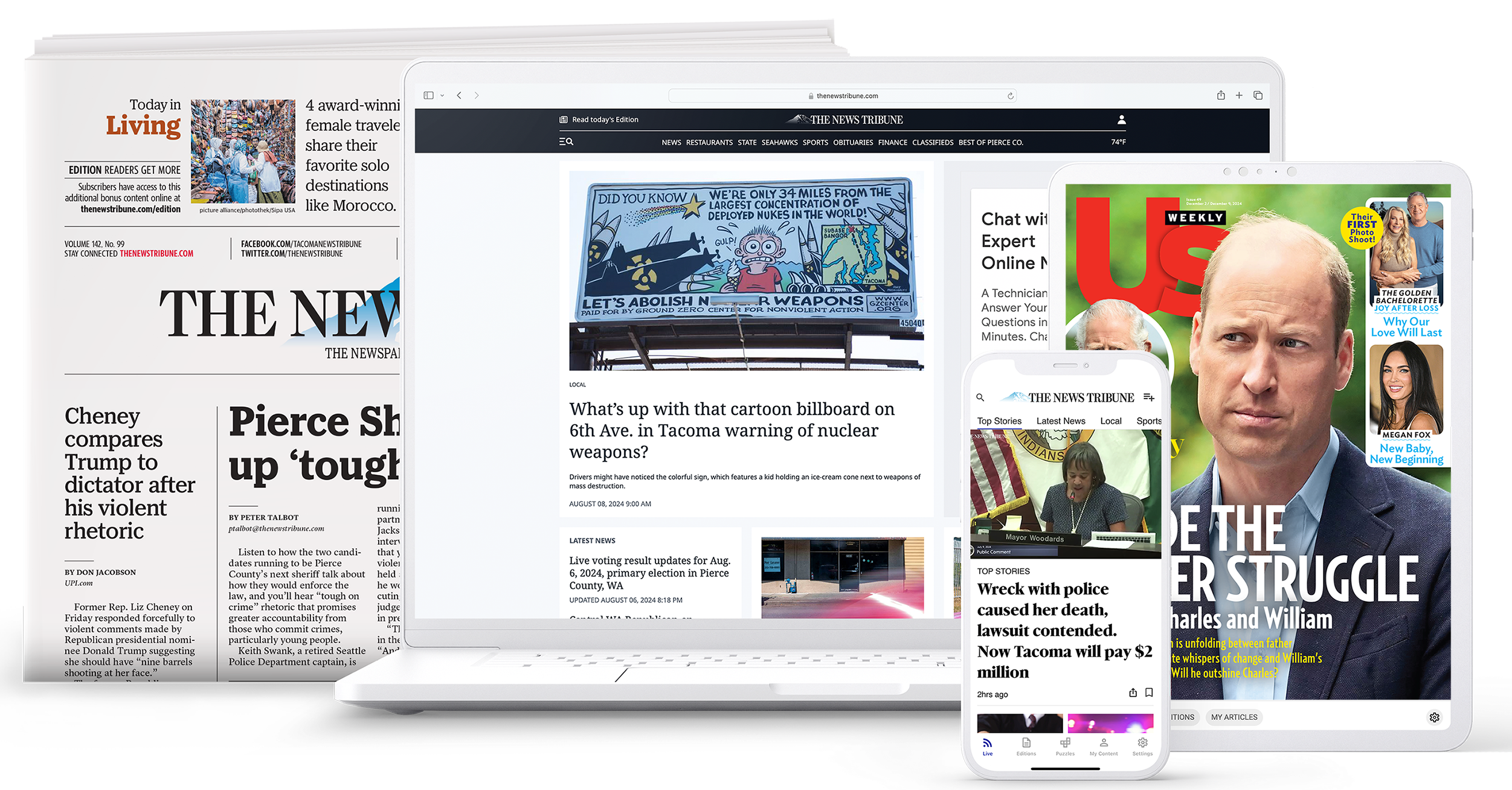The Value of Fact-Checking on the planet of News Online
The prevalence of misinformation in today's online news landscape has actually gotten to worrying levels. Fact-checking organizations play a crucial role in counteracting this fad. They confirm insurance claims and boost the credibility of journalism. Nevertheless, the performance of these companies often depends upon their approaches and public assumption. As target markets browse this complex setting, the implications of their findings may shape the future of news consumption and trust fund. What does this mean for the stability of details moving on?

The Rise of False Information in the Digital Age
How has the arrival of digital modern technology added to the spread of false information? The quick development of the web and social networks platforms has actually helped with the dissemination of information at an unprecedented pace. Customers can share write-ups, videos, and viewpoints with a plain click, frequently without validating the content's precision. Formulas prioritize thrilling or emotionally billed material, leading to a spreading of deceptive narratives that capture focus.
In addition, the privacy afforded by electronic platforms allows people to spread incorrect details without liability (stnews.live). Misinformation flourishes in resemble chambers, where users are exposed mostly to point of views that enhance their ideas, additionally setting fallacies. The saturation of info can overwhelm customers, making it challenging to discern qualified resources from unstable ones. Consequently, false information has actually become a prevalent issue in the digital landscape, influencing public point of view and trust in legitimate news sources
The Role of Fact-Checking Organizations
Fact-checking companies play a crucial role in boosting the trustworthiness of journalism by verifying insurance claims made in report. Their efforts are essential in combating false information, making sure that exact information dominates in the digital landscape. By holding media electrical outlets responsible, these companies add substantially to educated public discourse.
Enhancing Credibility in Journalism
While misinformation proliferates in the electronic age, fact-checking organizations play a vital function in improving the reliability of journalism. These companies diligently confirm claims made in news write-ups, public declarations, and social media articles, making sure that details shared to the public is exact and credible. By supplying independent assessments, they act as a crucial resource for journalists, aiding them preserve high requirements of stability. On top of that, their initiatives advertise transparency in media, promoting public depend on. As audiences come to be increasingly critical, the presence of reputable fact-checking entities can distinguish trusted news resources from those that may spread out falsehoods. Inevitably, the commitment of fact-checking companies to support reliability is essential for the health and wellness of democratic discourse.
Combating False Information Properly
As misinformation proceeds to spread out quickly across digital platforms, the role of fact-checking organizations ends up being increasingly critical in the battle for precise information. These companies serve as watchdogs, inspecting cases made by public figures and media outlets to assure accountability. By using strenuous study approaches and professional evaluation, they verify realities and clarify deceptive narratives. Their searchings for are disseminated with different networks, educating the public and fostering critical thinking. On top of that, collaborations with social media platforms enhance their reach, enabling prompt flagging of false information. As digital literacy grows, the influence of fact-checking companies is necessary in encouraging target markets to recognize reality from fraud, eventually contributing to an extra informed culture.
Just How Misinformation Affects Public Perception
False information considerably weakens depend on in media, leading target markets to question the trustworthiness of news resources. Consequently, individuals usually gravitate in the direction of electrical outlets that reinforce their existing beliefs, adding to the polarization of point of views. This dynamic creates a fragmented information landscape, where shared comprehending becomes progressively tough to accomplish.
Rely on Media

Trust fund in media has actually become significantly breakable in the electronic age, where the quick spread of incorrect information can alter public perception. As misinformation multiplies throughout social media and on-line systems, audiences frequently locate it testing to recognize qualified sources from undependable ones. This uncertainty promotes hesitation, leading many individuals to examine the motives behind news reporting. Subsequently, count on established media electrical outlets has actually decreased, as customers significantly turn to alternative sources that might lack rigorous editorial standards. This erosion of depend on not only affects individual beliefs but likewise undermines the collective ability to participate in informed conversations. Inevitably, the honesty of journalism goes to risk, highlighting the essential requirement for efficient fact-checking to recover self-confidence in the media landscape.

Polarization of Viewpoints
The raising skepticism towards traditional media has contributed to a growing polarization of viewpoints among the public. False information, often disseminated with social media sites and online platforms, plays a substantial function in shaping distinct ideological separates. People often seek details that aligns with their pre-existing beliefs, strengthening their point of views while dismissing opposing perspectives. This echo chamber effect increases divisions, leading to a fragmented public discourse where consensus becomes significantly evasive. In addition, sensationalized stories flourish in this environment, additionally skewing public assumption and promoting suspect in legitimate resources. As polarization intensifies, the requirement for reliable fact-checking comes to be paramount to link spaces Read Full Article and advertise notified conversations, ultimately making sure a more cohesive culture capable of steering intricate problems.
Techniques for Effective Fact-Checking
Reliable fact-checking relies upon a methodical strategy that consists of thorough research study, verification of resources, and essential analysis of cases. A fundamental technique is cross-referencing details from several reputable sources to validate its precision. Fact-checkers typically utilize specialized data sources and archives to map the beginning of certain declarations, guaranteeing that the reported information lines up with documented evidence.
Another vital technique entails scrutinizing the context in which insurance claims are offered. Deceptive details can emerge from out-of-context quotations or discerning data use. By analyzing the more comprehensive narrative, fact-checkers can identify potential prejudices or misinterpretations.
Moreover, involving with experts in appropriate fields can supply quality and insight that improves the fact-checking process. This cooperation can discover nuances that laypeople might forget - stnews.live. Ultimately, a self-displined method incorporating these methods promotes a much more educated public, improving the reliability of info shared in the digital age
The Influence of Social Media Site on News Intake
How has social media sites transformed the way individuals consume news? The appearance of systems like Facebook, Twitter, and Instagram has especially altered news intake patterns. News is currently disseminated quickly, permitting users to accessibility real-time updates and involve with web content via likes, shares, and comments. This immediacy has fostered a choice for bite-sized info, frequently at the cost of comprehensive analysis.
Social media makes it possible for customized news feeds, where formulas curate content based on individual choices, producing resemble chambers that may restrict exposure to diverse point of views. The function of typical news electrical outlets has actually diminished as people increasingly rely on peer referrals and trending topics. The integrity of info is commonly compromised, as sensationalism can eclipse valid coverage. Generally, social media sites has reshaped news intake, highlighting speed and personalization while challenging the criteria of journalistic integrity.
Encouraging Target Markets to Recognize Reputable Sources

In addition, taking a look at the authorship and business history of newspaper article can disclose possible biases. Cross-referencing info across numerous credible electrical outlets even more boosts the verification procedure. Making use of electronic devices, such as web browser extensions that rank the reputation of websites, can likewise aid in identifying trustworthy info. By proactively engaging with these resources and growing a crucial mindset, audiences more tips here can better furnish themselves to recognize trusted news resources, ultimately promoting an extra enlightened society in the middle of the intricacies these days's media environment.
The Future of Journalism and Fact-Checking
As the media landscape develops, the future of journalism and visit this website fact-checking encounters both tests and possibilities. The surge of electronic platforms has actually equalized information circulation, enabling varied voices to arise. However, this has also resulted in the expansion of misinformation, demanding robust fact-checking mechanisms. Reporters will significantly count on modern technology, consisting of AI tools, to validate truths rapidly and efficiently.
Partnership in between wire service and fact-checking entities is expected to reinforce reputation and openness. Target market interaction will play an essential duty, as educated visitors end up being considerable partners in determining trustworthy material.
The demand for liability and precision is likely to grow, pushing journalists to support high criteria in their coverage. Eventually, the future of journalism might depend upon its capability to adjust to technological innovations while preserving journalistic integrity, ensuring that fact-checking remains a keystone of qualified news.
Frequently Asked Concerns
Exactly How Can I Report False Information I Experience Online?
To report false information come across online, people can utilize platform-specific reporting tools, provide clear evidence, and share the details with fact-checking companies. Engaging with neighborhood conversations can also aid elevate awareness regarding the false information.
What Prevail Signs of False Information in News Articles?
Common indicators of misinformation in newspaper article include marvelous headings, absence of reputable resources, psychological language, irregular realities, and lack of writer qualifications. Readers ought to seriously examine content for these indicators to determine accuracy.
Just How Do Fact-Checkers Verify Resources?
Fact-checkers verify resources by cross-referencing information with qualified data sources, seeking advice from experts, and examining the initial context of cases. They also assess the dependability of the resources, ensuring exact and trustworthy information for public consumption.
What Legal Actions Can Be Taken Against Misinformation?
Lawful actions against false information may include defamation legal actions, cease-and-desist orders, and regulatory charges. Targets can look for redress through civil courts, while some territories impose fines or assents on systems disseminating incorrect information.
Are There Apps for Fact-Checking News On-The-Go?
Countless applications exist for fact-checking news on-the-go, including Snopes, FactCheck.org, and PolitiFact. These applications aid customers confirm insurance claims rapidly, advertising notified decision-making and fostering a more discerning approach to consuming news in real-time.